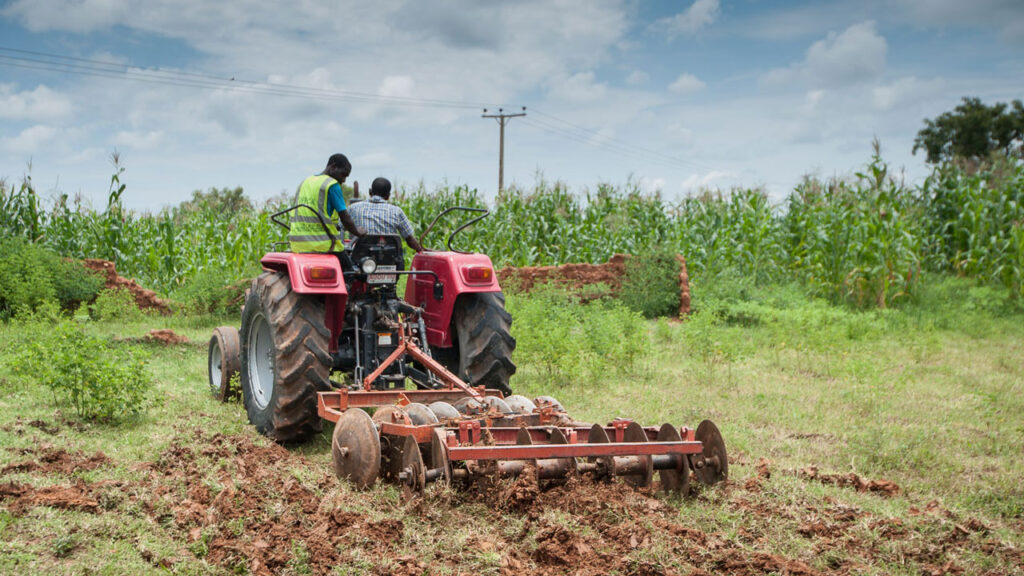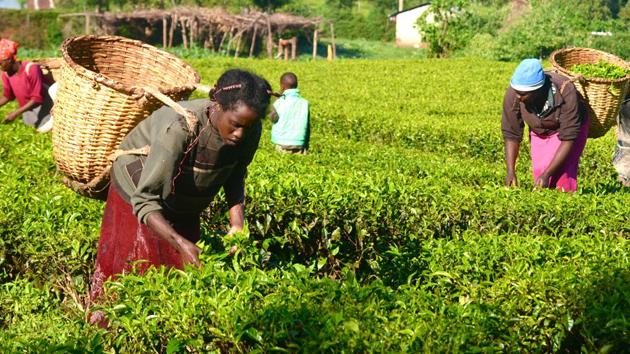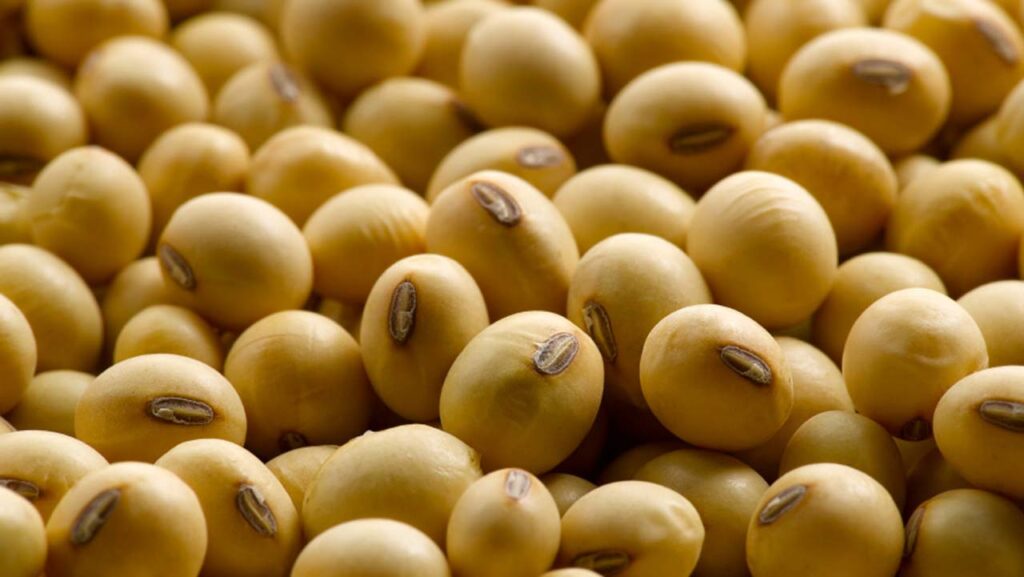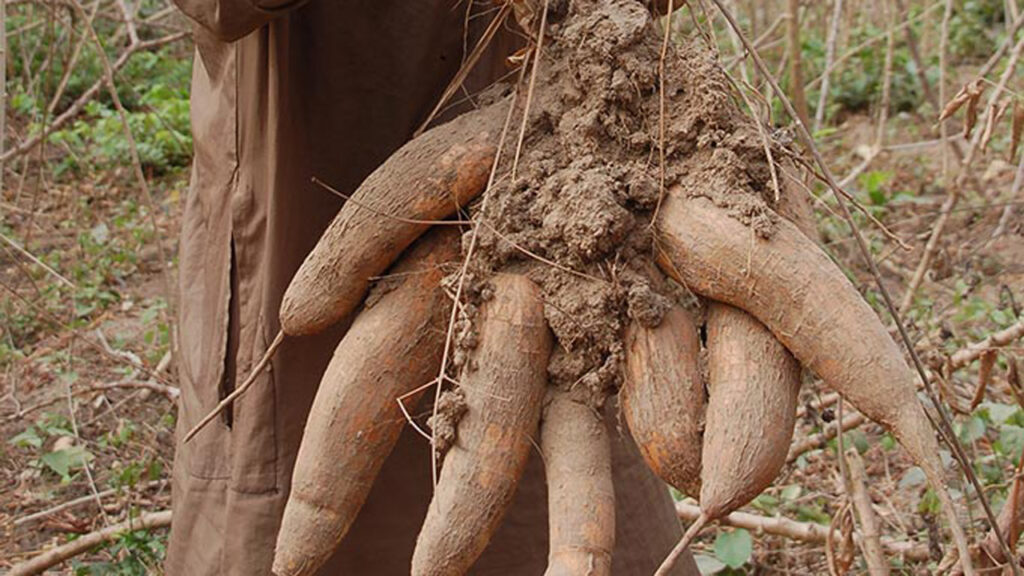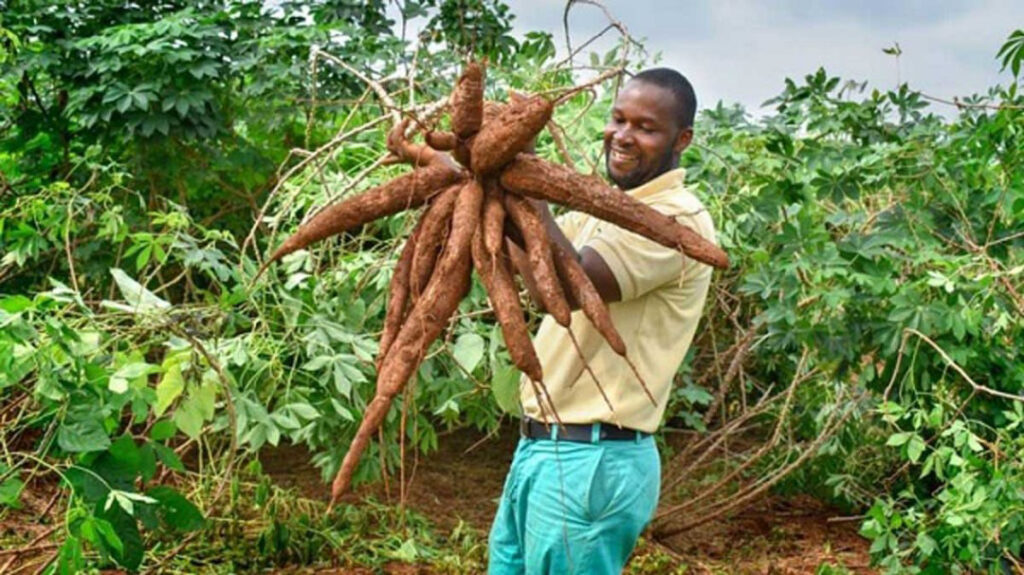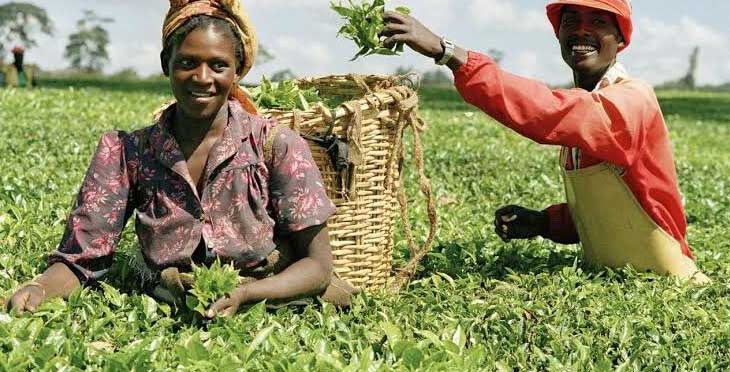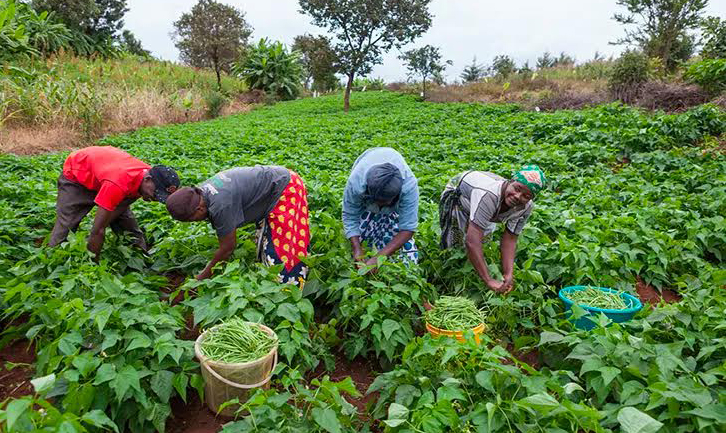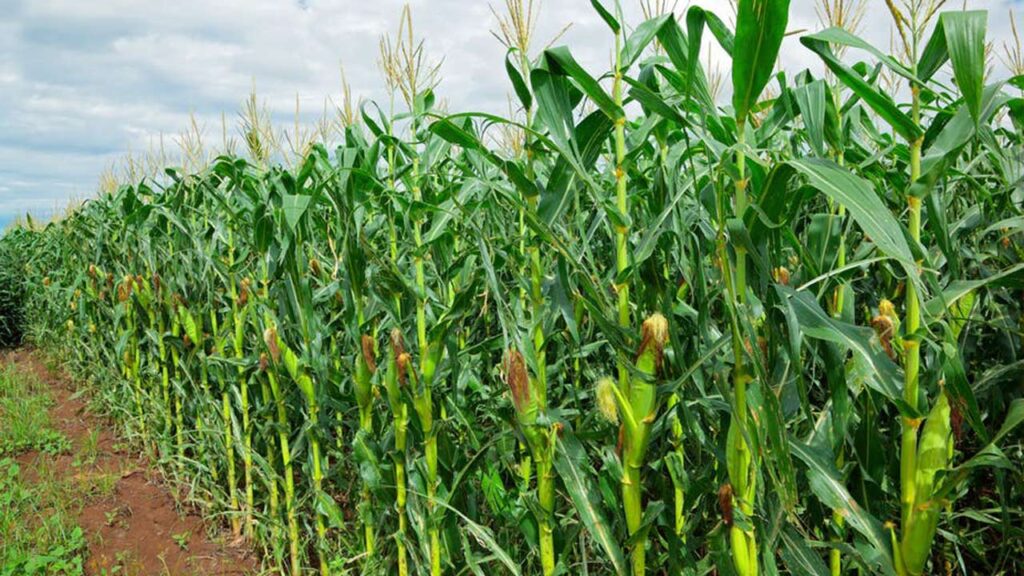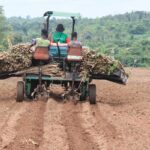 Stakeholders in agribusiness have called on the government and organisations to empower women in farming and agribusinesses to overcome challenges retarding their productivity, prosperity and significant contributions to economic development.
Stakeholders in agribusiness have called on the government and organisations to empower women in farming and agribusinesses to overcome challenges retarding their productivity, prosperity and significant contributions to economic development.
Though women comprise the largest percentage of the workforce in the agricultural sector, they have limited access to land and other critical production factors and resources.
Statistics indicate that in Africa, about 80 per cent of the agricultural production comes from small-scale farmers, who are mostly rural women. They play an important role in the cultivation and small to medium-scale value addition.
Considering their roles in the food chain, experts said female farmers are the backbone of the development of rural and national economies as they comprise 43 per cent of the world agricultural labour force, which rises to 70 per cent in some countries.
Researchers have also found that female farmers are less likely to succeed when compared to their male counterparts due to lack of access to seeds, limited access to funding and loans, as well as absence of extension services and technology.
According to a 2016 UN report, women were only 20 per cent of landowners globally, and if they hope to inherit family property, the law might deprive them of an equal share, or social norms and traditions might simply favour their male relatives.
Speaking with The Guardian, a young female farmer in Edo State, Iluobe Ikhiede, said though agribusiness in Nigeria is very challenging, it is much more challenging for women.
Ikhiede said: “Going into farming has not been easy because we are faced with daily challenges that would ordinarily make us give up, but motivation and strength keep us going.”
She noted that one of the challenges she faced in the business was having access to land.
“Sometimes when we approach landowners to buy or lease for cultivation, we are either told that they do not lease land to women except those who have a male figure as guarantors or sometimes they charge us more than the usual because we are women.
“Except for few female farmers that have access to land either through inheritance or spouses who can stand in for them, the rest of us face serious issues acquiring farmlands, and it is really a problem to our productivity because we either have to use small land we have for cultivation or we have to spend more money leasing land from owners.”
Also, a rice dealer at Daleko market, Lagos, Chiagozie Ogbonna, revealed that the chances of women getting finances to fund their agribusinesses have been really restricted as they are usually limited to funds from personal savings, family members and friends.
“It has not been easy but thank God for some organisations and bodies like FirstCheckAfrica, which have come up with initiatives for only women to access funding.
She advised women in agribusiness to hang in there and keep the faith high, as things would get better.
“As part of ways to solve the challenges, it is important that the government should come to the aid of women in this sector by supporting their efforts, providing loans to them, including them in training programmes and extension services and also coming up with innovative ideas that will be of utmost benefit to women,” she added.
The women leader of the All Farmers Association of Nigeria (AFAN), Chief Roseline Ibisola Benson, advised all existing and prospective female farmers to be focused and ensure they get themselves attached to associations of the sub-sectors they fall into.
Benson said: “Get yourself attached to any of our agricultural associations so that you can be getting firsthand information as they come in. This will also enable you to get closer to other female farmers and share innovative ideas that will move us forward and move our agricultural sector in the country to the highest height.”



